Hippocampus
How to teach this paper: ‘Behavioral time scale synaptic plasticity underlies CA1 place fields,’ by Bittner and Milstein et al. (2017)
Katie Bittner, Aaron Milstein and their colleagues found that cellular learning can happen over longer timescales than Hebb’s rule predicts. How long should we wait to teach students about this phenomenon?

How to teach this paper: ‘Behavioral time scale synaptic plasticity underlies CA1 place fields,’ by Bittner and Milstein et al. (2017)
Katie Bittner, Aaron Milstein and their colleagues found that cellular learning can happen over longer timescales than Hebb’s rule predicts. How long should we wait to teach students about this phenomenon?
Widely used calcium imaging protocol can lead to spurious results, new paper cautions
The technique, which measures calcium currents as a proxy for neuronal firing, sometimes reports unusual and potentially misleading waves of activity in the hippocampus.
Widely used calcium imaging protocol can lead to spurious results, new paper cautions
The technique, which measures calcium currents as a proxy for neuronal firing, sometimes reports unusual and potentially misleading waves of activity in the hippocampus.
Tail of hippocampus may be hub for seizures in mice and people
This little-studied subregion, called the fasciola cinereum, could be a new surgical target for people with treatment-resistant epilepsy.

Tail of hippocampus may be hub for seizures in mice and people
This little-studied subregion, called the fasciola cinereum, could be a new surgical target for people with treatment-resistant epilepsy.
The value of math and spatial learning with Loren Frank
The Howard Hughes Medical Institute investigator discusses what drew him to study the brain and his current work at the University of California, San Francisco.
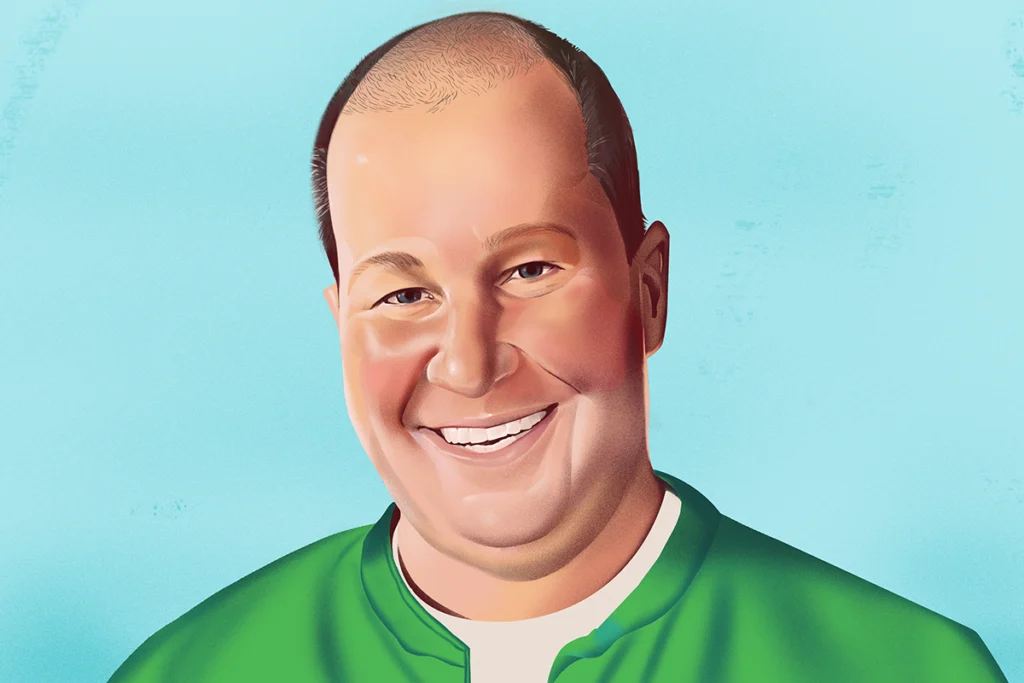
The value of math and spatial learning with Loren Frank
The Howard Hughes Medical Institute investigator discusses what drew him to study the brain and his current work at the University of California, San Francisco.
Microglial overreaction to atypical neurons may drive autism
In mice and organoids lacking a neuronal protein, microglia prune synapses to excess.
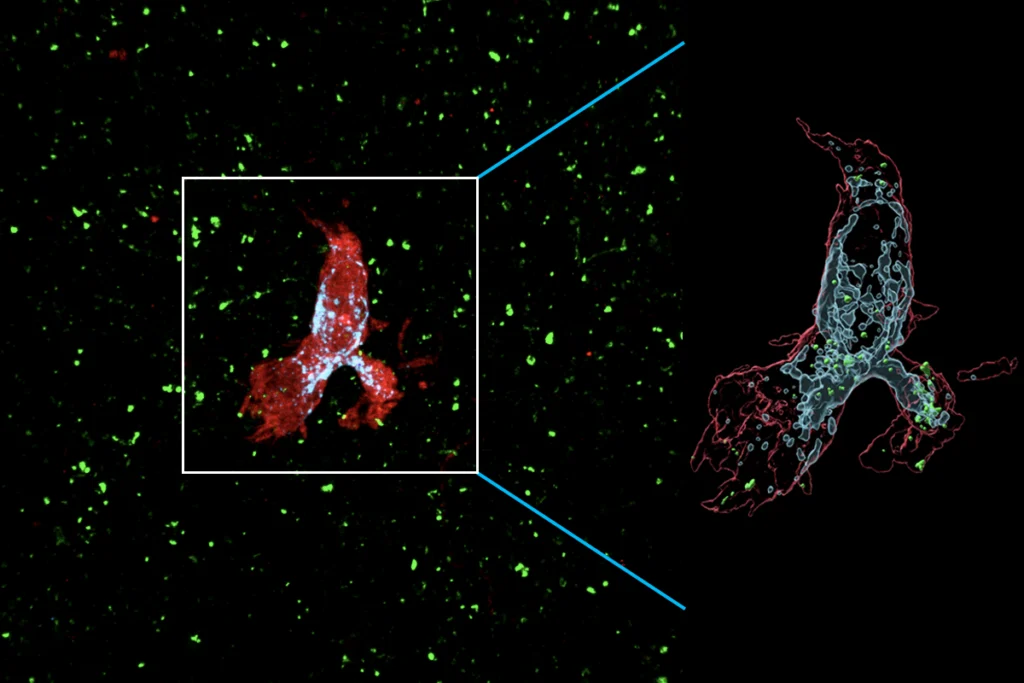
Microglial overreaction to atypical neurons may drive autism
In mice and organoids lacking a neuronal protein, microglia prune synapses to excess.
How to teach this paper: ‘Creating a false memory in the hippocampus,’ by Ramirez and Liu et al. (2013)
We’ve known how to implant memories in mouse minds for a decade. Can we implant these ideas in our students?
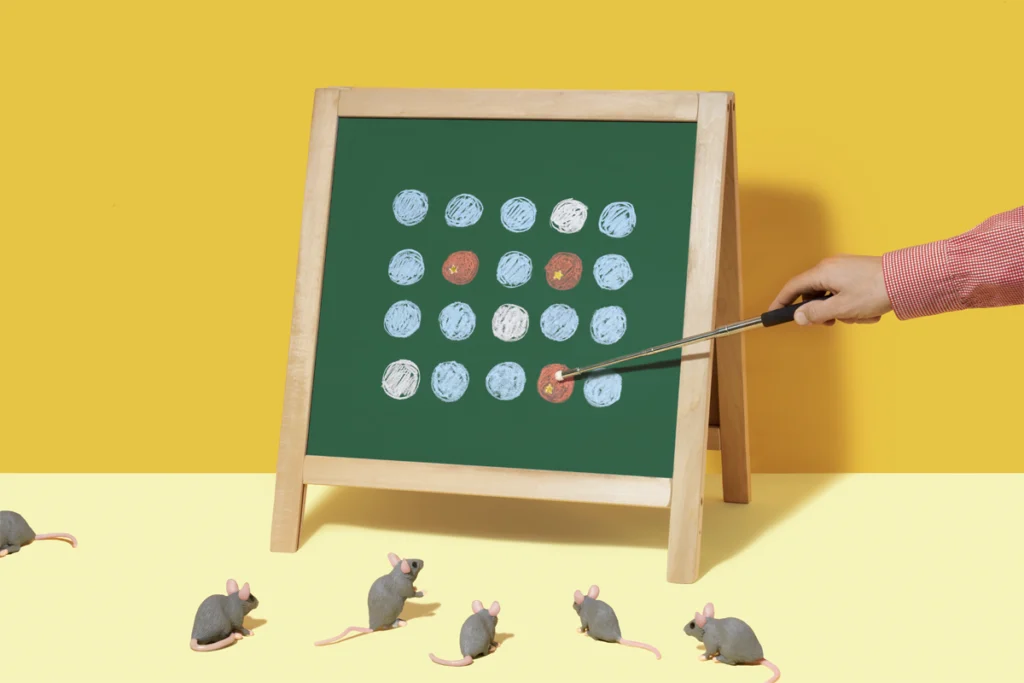
How to teach this paper: ‘Creating a false memory in the hippocampus,’ by Ramirez and Liu et al. (2013)
We’ve known how to implant memories in mouse minds for a decade. Can we implant these ideas in our students?
Being uncomfortable and PKMzeta with André Fenton
The director of the Center for Neural Science shares a ghost story and talks about his collaboration with Todd Sacktor.

Being uncomfortable and PKMzeta with André Fenton
The director of the Center for Neural Science shares a ghost story and talks about his collaboration with Todd Sacktor.
Temperament is innate but hackable, animal studies suggest
Emotional reactivity and vulnerability to stress are largely inherited in rodents — but can be modified in early life by targeting inflammation-related cells or even just adjusting an animal’s environment.
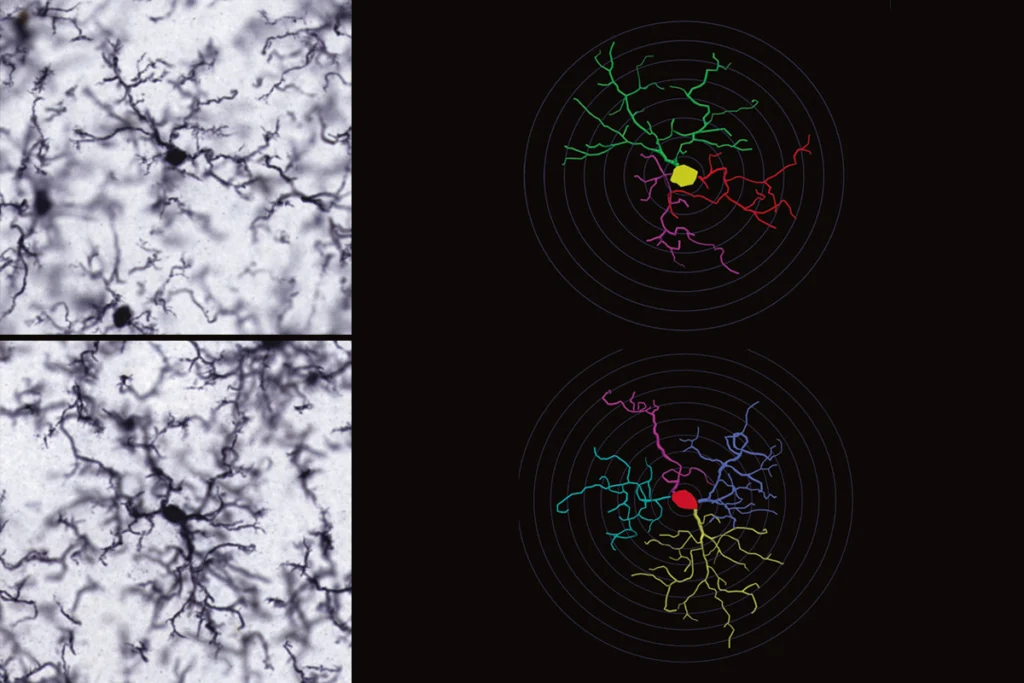
Temperament is innate but hackable, animal studies suggest
Emotional reactivity and vulnerability to stress are largely inherited in rodents — but can be modified in early life by targeting inflammation-related cells or even just adjusting an animal’s environment.
Immune-activation model mice escape infantile amnesia, retain early memories
Male pups born to mothers treated with immune-stimulating molecules show autism-like behaviors and, unlike wildtype animals, do not lose memories formed during early life.
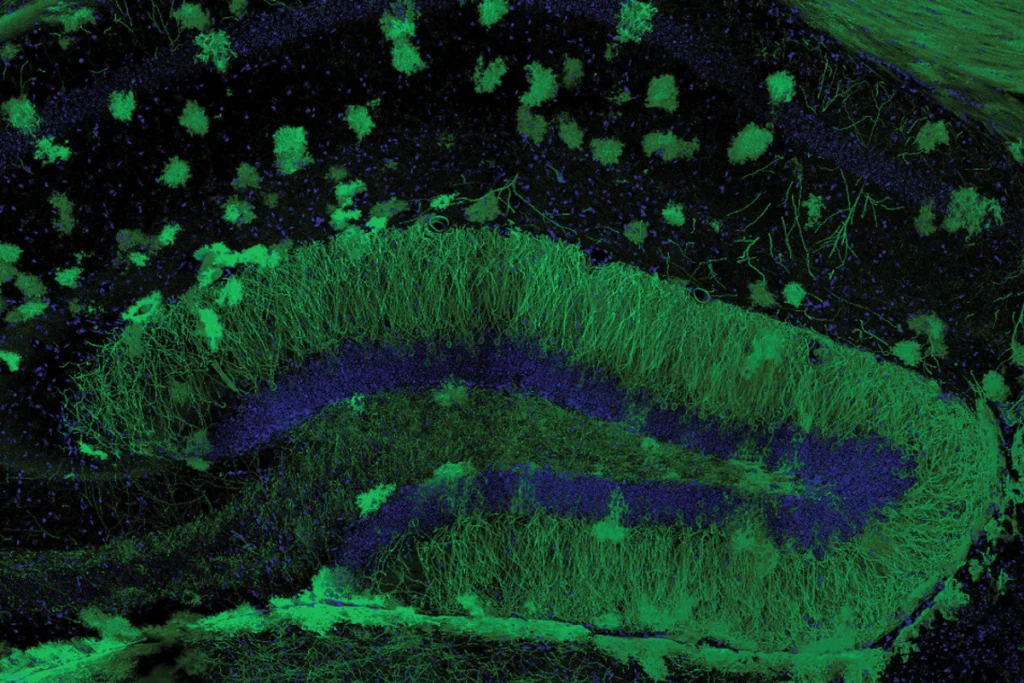
Immune-activation model mice escape infantile amnesia, retain early memories
Male pups born to mothers treated with immune-stimulating molecules show autism-like behaviors and, unlike wildtype animals, do not lose memories formed during early life.
‘Into the wild’: Moving studies of memory and learning out of the lab
People with electrodes embedded deep in their brain are collaborating with a growing posse of plucky researchers to uncover the mysteries of real-world recall.
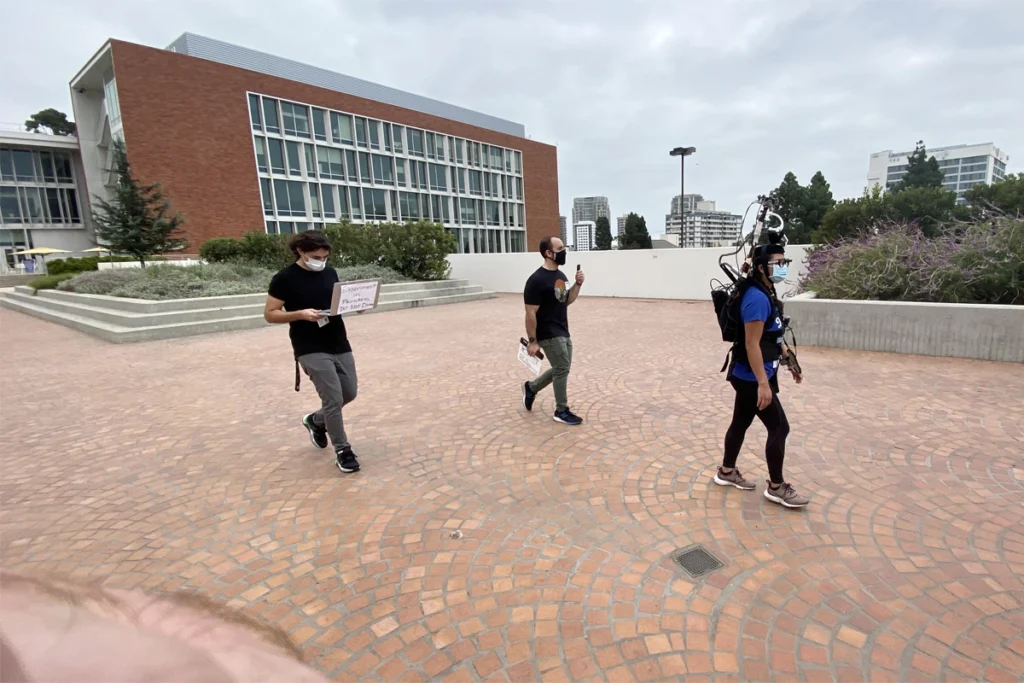
‘Into the wild’: Moving studies of memory and learning out of the lab
People with electrodes embedded deep in their brain are collaborating with a growing posse of plucky researchers to uncover the mysteries of real-world recall.
Explore more from The Transmitter
New connectomes fly beyond the brain
Researchers are mapping the neurons in Drosophila’s ventral nerve cord, where the central nervous system meets the rest of the body.

New connectomes fly beyond the brain
Researchers are mapping the neurons in Drosophila’s ventral nerve cord, where the central nervous system meets the rest of the body.
Building an autism research registry: Q&A with Tony Charman
A purpose-built database of participants who have shared genomic and behavioral data could give clinical trials a boost, Charman says.

Building an autism research registry: Q&A with Tony Charman
A purpose-built database of participants who have shared genomic and behavioral data could give clinical trials a boost, Charman says.
Cerebellar circuit may convert expected pain relief into real thing
The newly identified circuit taps into the brain’s opioid system to provide a top-down form of pain relief.

Cerebellar circuit may convert expected pain relief into real thing
The newly identified circuit taps into the brain’s opioid system to provide a top-down form of pain relief.